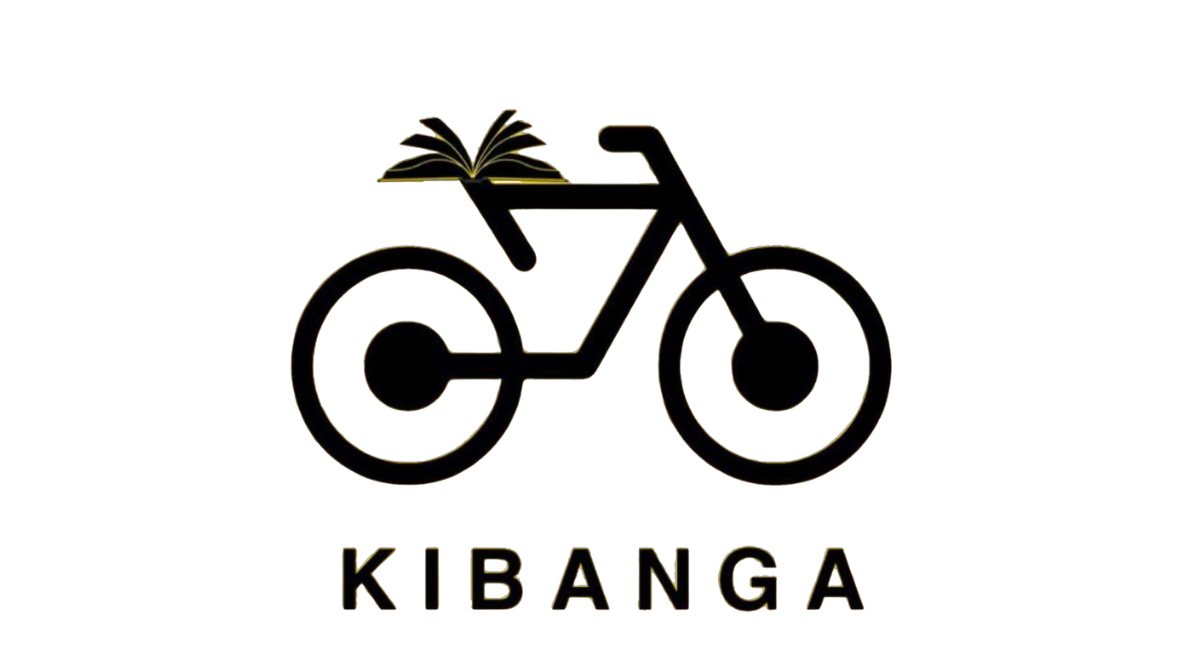Description
Fathers of Nations?by Paul B. Vitta is a novel about African states, their leadership and development agenda, and factors that hinder their political systems and governance, as well as a way of restructuring their development growth.
The title of this novel is a satire of its contextual usage besides its relevance and aptness.
In most African states, dignitaries like presidents or high office representatives regarded as driving forces behind the establishment of a country, state, or nation are obligatorily branded ?fathers of nations?.
This has to do with their role of pushing for the betterness of the people?s welfare, leading their countries, fighting for fundamental freedoms and rights, and streamlining political systems and economic strategies.
They are obliged, as the fathers of their nations.
For instance:
Julius Nyerere is known as the father of Tanzania for his role in the country?s independence movement and his vision for a united African continent.
He led Tanzania to independence from Britain in 1961 and worked to build a socialist society that promoted equality, education, and self-sufficiency.
Kwame Nkrumah, Ghana is considered the father of Ghana for his leadership of the country?s independence movement and his contributions to Pan-Africanism.
He helped lead Ghana to independence from Britain in 1957 and worked to establish a socialist government that promoted economic growth and social justice.
Jomo Kenyatta is known as the father of Kenya for his leadership of the country?s independence movement and his efforts to build a modern, democratic nation.
He helped lead Kenya to independence from Britain in 1963 and served as the country?s first president until his death in 1978.
In the same light,?Fathers of Nations?can relatively be associated with post-colonial Africa, used to refer to their role in the independence movement as a source of legitimacy and used as paternalist symbolism as a source of continued popularity.
This title is satirical.
Fifty heads of state, herein fathers of the nation, have met at Banjul Gambia.
The agenda of the summit is unclear.
However, it is only knowledgeable that the heads of state are here to approve Way Omega, which will then be a universal economic development strategy if adopted.
The debate is directionless and disorganized. A rival group is determined to override the Way Omega strategy and replace it with its Path Alpha strategy, which they deem suitable for solving African problems.
All the heads of state are clueless, visionless, selfish and corrupt, aspects that corrupt their decision-making and critical review of the two important documents that propose their future development strategy.
Satirically, they have to devise a method to choose between Way Omega and Path Alpha.














Reviews
There are no reviews yet.